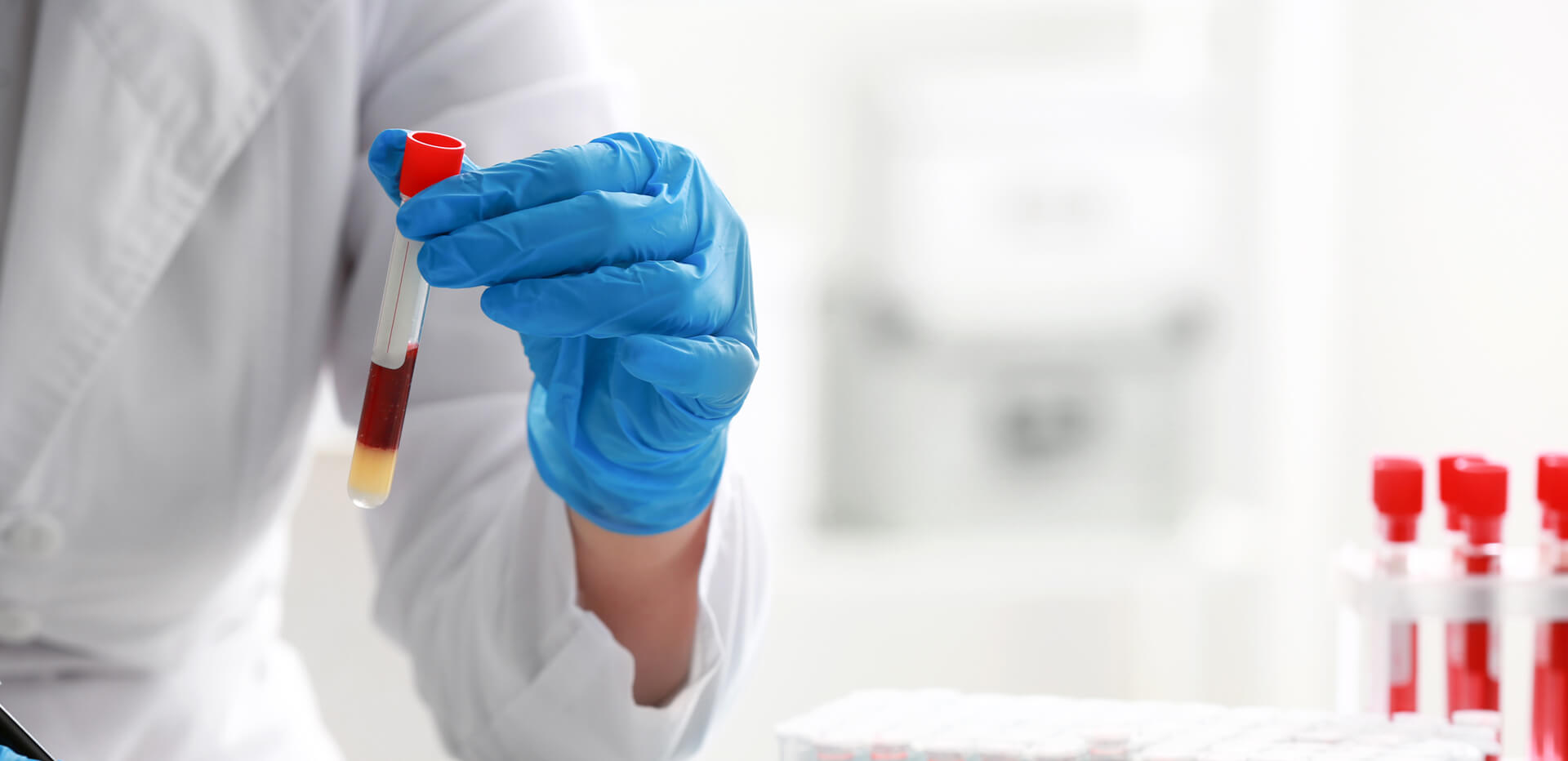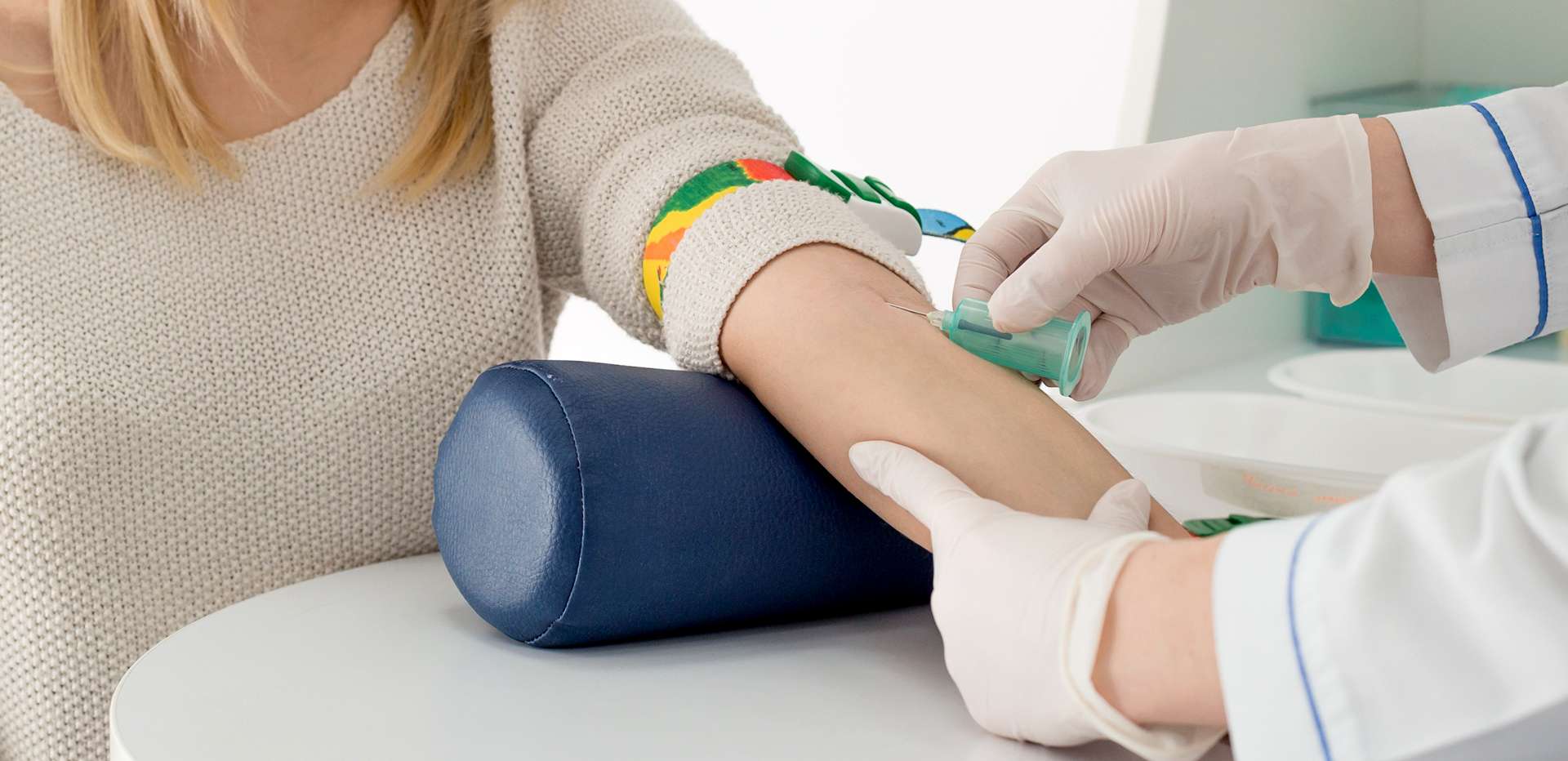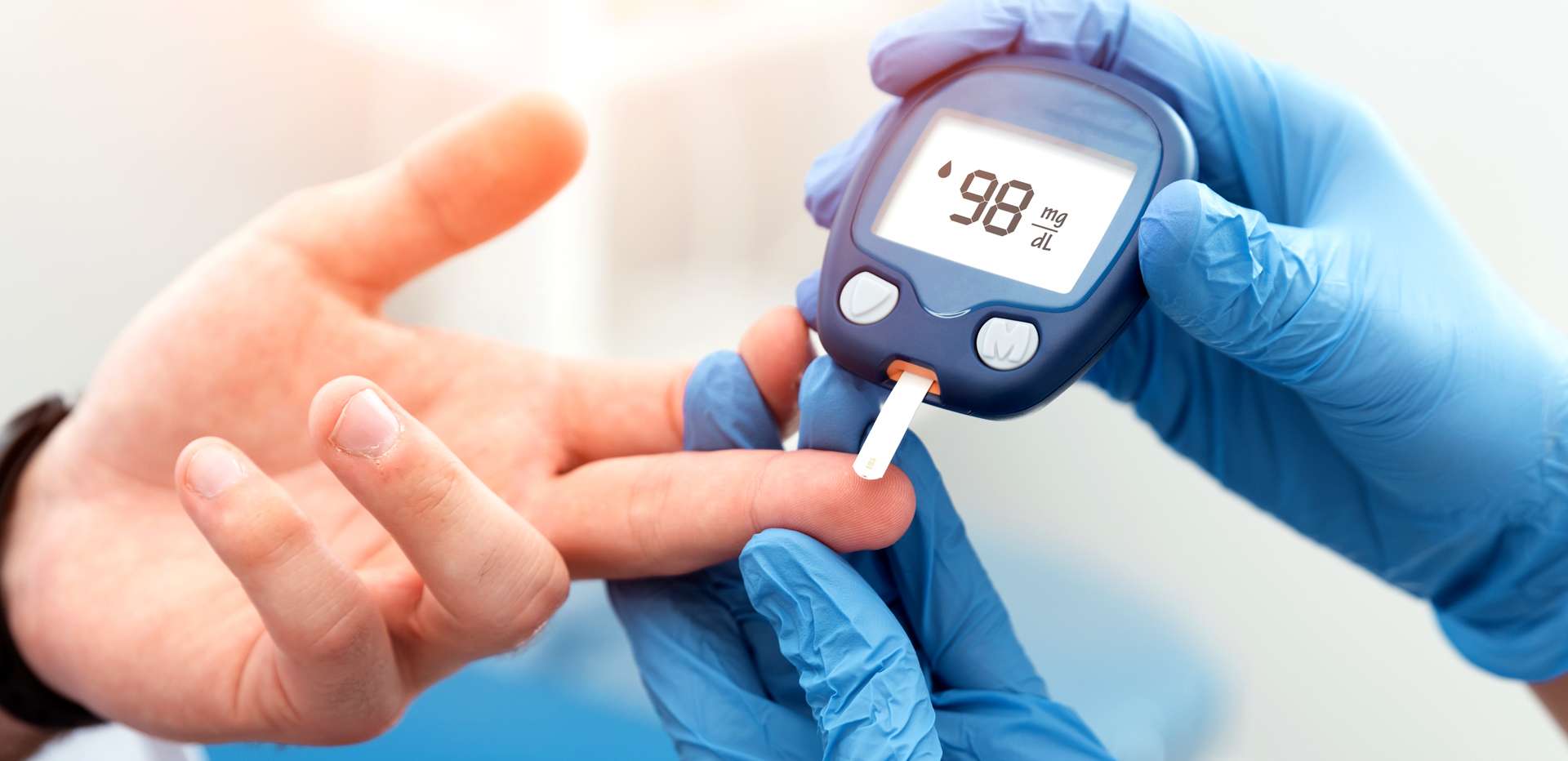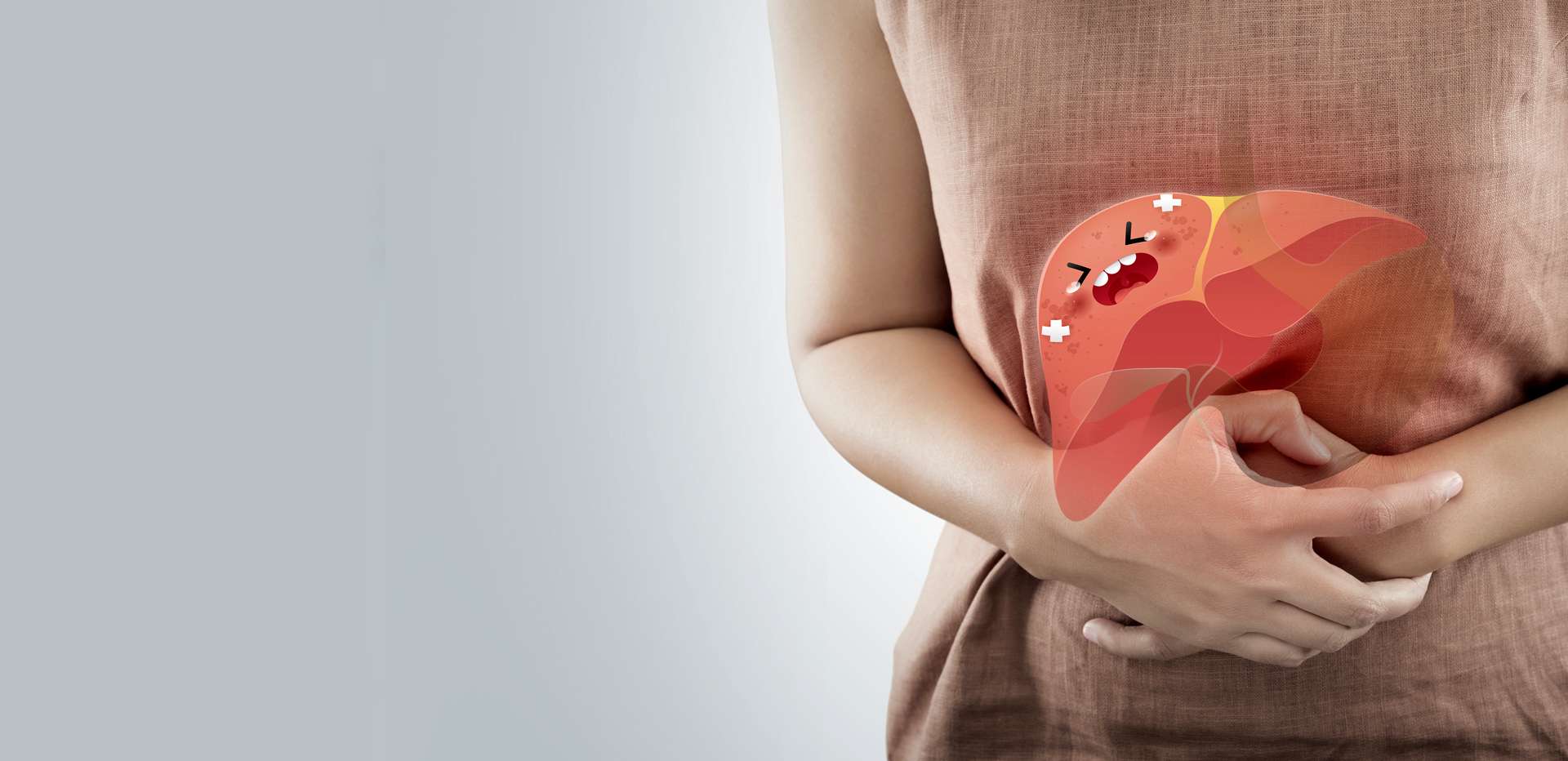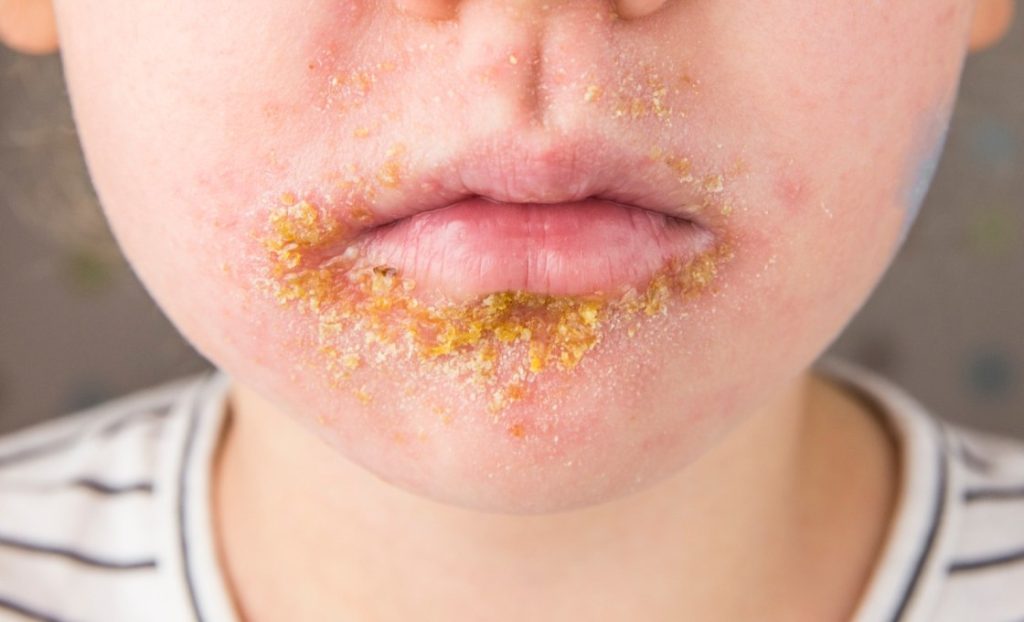Impetigo is a common and highly contagious skin infection that primarily affects infants and young children. However, it can also occur in adults, especially in environments where close contact is common, such as schools, daycare centres and sports teams. This article provides an in-depth look at the causes, symptoms and treatment options for impetigo.
Causes of Impetigo
Impetigo is primarily caused by two types of bacteria: Staphylococcus aureus (staph) and Streptococcus pyogenes (strep). These bacteria can enter the skin through cuts, scratches, insect bites or other breaks in the skin. Once the bacteria have entered, they multiply and cause the characteristic symptoms of impetigo.
The Impetigo infection is highly contagious and can spread through direct contact with the sores or with items that have been in contact with the infected skin, such as towels, clothing or toys. It can also spread through droplets from sneezing or coughing.
Symptoms of Impetigo
Impetigo typically starts as red sores or blisters on the skin, often around the nose and mouth, but it can appear anywhere on the body. The sores quickly burst and leave behind a honey-coloured crust. The affected area may be itchy and can spread to other parts of the body if scratched.
There are two main types of impetigo:
- Nonbullous Impetigo: This is the most common form and is characterised by small red sores that quickly turn into blisters, then burst and form a yellow-brown crust.
- Bullous Impetigo: This form presents with larger blisters that may be filled with clear or yellowish fluid. The blisters can last longer before bursting.
In some cases, impetigo can lead to more serious complications, such as cellulitis (a deeper skin infection), kidney problems or scarlet fever.
Treatment Options for Impetigo
The treatment for impetigo typically involves antibiotics to eliminate the bacterial infection. The choice of treatment depends on the severity and extent of the infection.
- Topical Antibiotics: For mild cases of impetigo, a doctor may prescribe a topical antibiotic ointment or cream to be applied directly to the sores. Mupirocin and fusidic acid are commonly used antibiotics for this purpose.
- Oral Antibiotics: If the infection is more widespread or if the topical treatment is not effective, oral antibiotics may be prescribed. These are usually taken for 7 to 10 days.
- Hygiene Measures: In addition to antibiotic treatment, maintaining good hygiene is crucial to prevent the spread of impetigo. This includes washing the affected area gently with soap and water, avoiding scratching and keeping fingernails trimmed. It’s also important to wash clothing, towels and bed linens that have been in contact with the infected skin.
- Preventing Spread: Since impetigo is highly contagious, it’s important to minimise contact with others until the sores have healed. Children with impetigo should stay home from school or daycare until they are no longer contagious, which is usually 24-48 hours after starting antibiotic treatment.
When to Seek Medical Help?
It’s important to consult our healthcare provider if you suspect impetigo, especially if the sores are spreading, if there’s a fever or if the condition doesn’t improve with initial treatment. Early diagnosis and treatment can prevent the infection from spreading and reduce the risk of complications.
Preventing Impetigo
Preventing impetigo involves maintaining good personal hygiene and taking steps to avoid spreading the infection. Some preventive measures include:
- Washing hands frequently with soap and water.
- Keeping cuts, scrapes and insect bites clean and covered.
- Avoid sharing personal items such as towels, clothing or sports equipment.
- Keeping children with impetigo away from others until they are no longer contagious.
Consult with Touchwood Pharmacy: Your Health Experts
Impetigo is a common skin infection that can be effectively treated with antibiotics. Recognising the symptoms early and practising good hygiene can help prevent the spread of the infection. If you suspect you or your child has impetigo, it’s important to seek medical advice promptly to receive appropriate treatment and avoid complications.
If you suspect impetigo or have concerns about your skin health, don’t hesitate to reach out for expert advice. With Pharmacy First, you can get advice for your minor ailments without visiting a GP. Book an online consultation with Touchwood Pharmacy today and get personalised care from the comfort of your home. Take the first step towards clear, healthy skin – contact us now.




